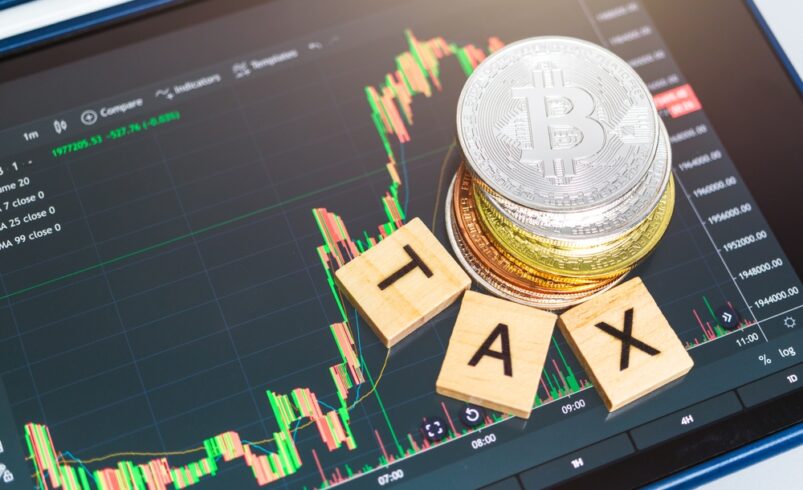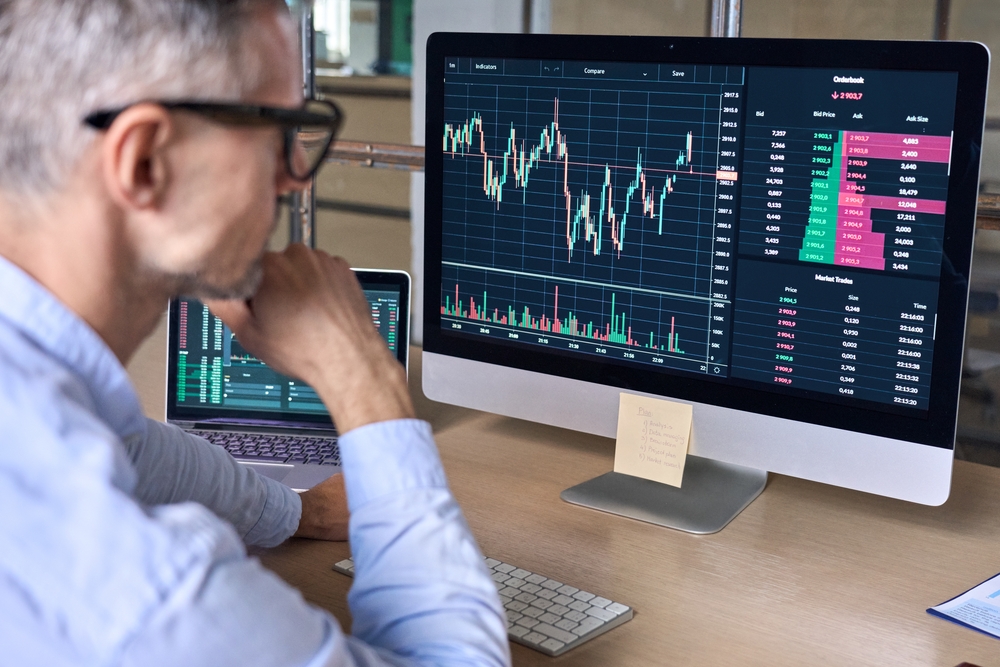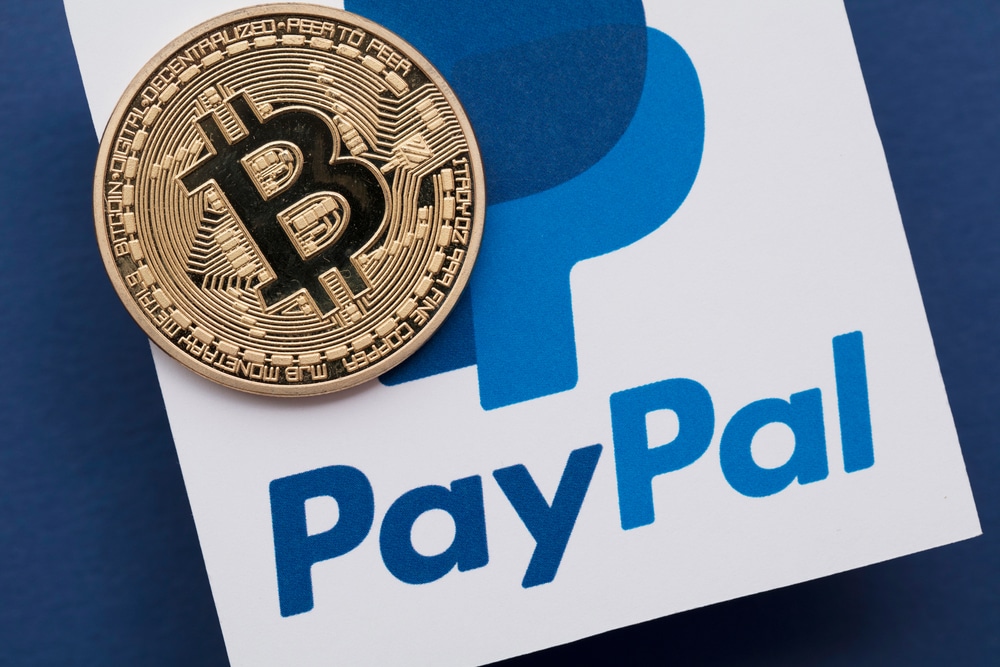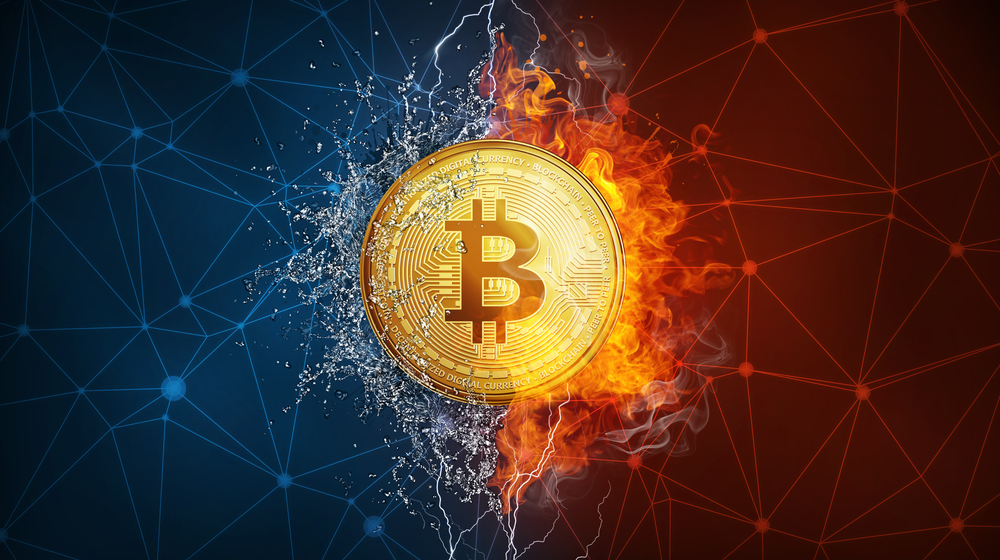UAE’s G42 Shifts from Chinese to US Tech in Geopolitical Maneuver
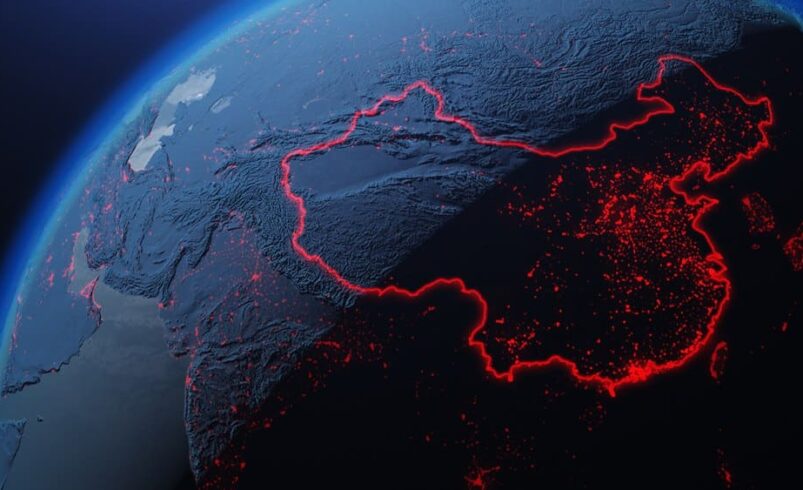
Key Insights:
- G42, UAE’s AI leader, pivots to US tech, leaving Chinese partnerships to strengthen ties with American AI giants like Microsoft and OpenAI.
- The strategic shift reflects UAE’s global tech diplomacy, balancing US-China tech dominance in the rapidly evolving artificial intelligence landscape.
- G42’s move underscores UAE’s role in a multipolar world, navigating complex geopolitics to secure cutting-edge AI technologies and partnerships.
In a strategic pivot that underscores the intensifying global tussle over artificial intelligence (AI) supremacy, the United Arab Emirates’ foremost AI enterprise, G42, is severing its technological ties with Chinese suppliers. This move favors American tech giants, marking a significant shift in the geopolitical landscape of AI.
A Calculated Shift in Allegiances
At the heart of this transition is G42’s intent to preserve its access to American-made AI chips, a critical resource in the burgeoning field of AI. Peng Xiao, the CEO of G42, acknowledges the necessity of this decision, stating, “For better or worse, as a commercial company, we have to make a choice.” This remark came amid growing concerns among its U.S. partners, including tech behemoths like Microsoft and OpenAI, over G42’s previous collaborations with Chinese firms.
The move away from Chinese hardware, specifically from companies like Huawei, reflects G42’s strategic realignment. Huawei had previously supplied servers and networking gear for data centers. Xiao’s decision is a response to the implicit directives from the U.S., emphasizing the need for caution in partnerships. This recalibration aims to solidify G42’s relationship with its U.S. collaborators, a bond that Xiao values highly.
Navigating a Multipolar Tech World
G42’s decision echoes a broader narrative in the Gulf region, where AI has become a field of intense competition between the U.S. and China. Under the guidance of G42 and its chair, Sheikh Tahnoon bin Zayed al-Nahyan, the UAE is actively diversifying its geopolitical partnerships to gain access to cutting-edge technologies. This approach, however, does not come without complexities.
Recent partnerships between G42 and major U.S. entities, such as expanding cloud services with Microsoft and utilizing OpenAI’s generative models, highlight the UAE’s inclination towards American AI prowess. These developments contrast with the UAE’s earlier engagement with Huawei in establishing its national 5G infrastructure, a decision made despite U.S. objections.
The underlying tension in these strategic choices is a matter of technological preference and a reflection of a new multipolar world order. The UAE is a pivotal node in this realm, balancing its relationships with global powers like China, India, Russia, and the West. This balancing act is particularly evident in the AI sector, where the scramble for resources like Nvidia’s AI chips plays a crucial role.
Controversies and Challenges Ahead
G42, despite its ambitious agenda, has not been immune to controversies. Allegations regarding its involvement in developing ToTok, a chat app purportedly used by the UAE government for surveillance, have raised concerns. Moreover, G42’s partnerships during the COVID-19 pandemic with Chinese entities like Sinopharm and BGI have attracted scrutiny, especially from U.S. officials wary of Beijing’s growing influence.
This shift in G42’s technology alliances comes when the AI landscape rapidly evolves, with the U.S. and China offering significant advantages in this domain. Nikki Sun of the Chatham House think-tank notes companies’ difficulty in choosing sides, given both countries’ contributions to the global AI value chain.
The UAE’s decision to pivot towards U.S. technology reflects a strategic realignment in AI and a broader geopolitical shift. As the world grapples with the implications of AI and its governance, nations like the UAE find themselves at the intersection of technology and diplomacy, navigating a path through a complex and increasingly multipolar technological landscape.
DISCLAIMER: It's essential to understand that the content on this page is not meant to serve as, nor should it be construed as, advice in legal, tax, investment, financial, or any other professional context. You should only invest an amount that you are prepared to lose, and it's advisable to consult with an independent financial expert if you're uncertain. For additional details, please review the terms of service, as well as the help and support sections offered by the provider or promoter. While our website strives for precise and impartial journalism, please be aware that market conditions can shift unexpectedly and some (not all) of the posts on this website are paid or sponsored posts.




